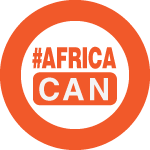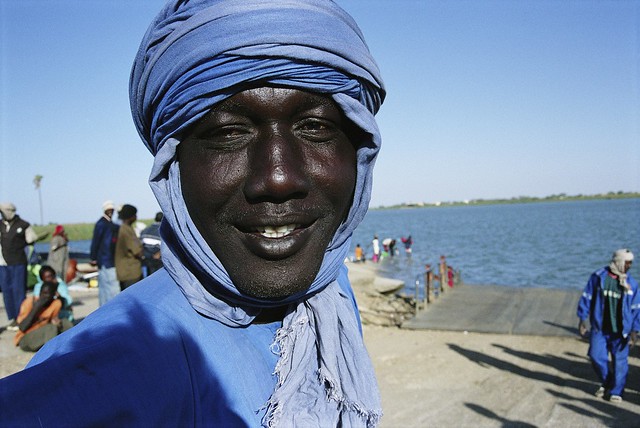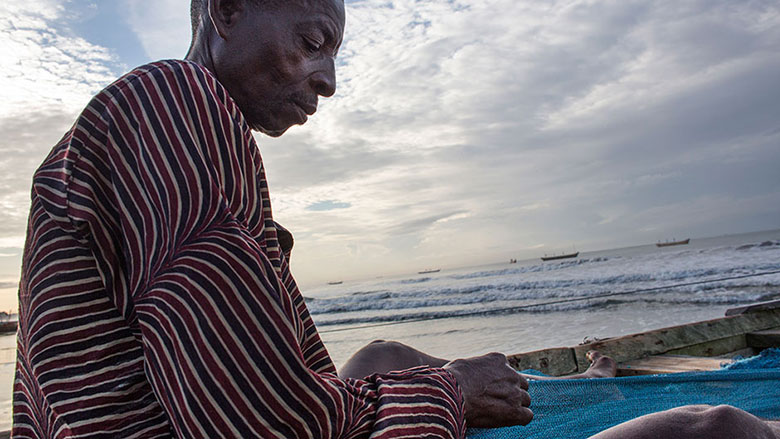The Republic of Seychelles is an archipelago of 115 islands northeast of Madagascar. The country has a total population of 121,355 people, three-quarters of whom live on the main island of Mahé. Seychelles has Africa's highest gross domestic product (GDP) per capita, at $16.7 billion (2023). Its economy is highly dependent on tourism and fisheries, and climate change poses long-term sustainability risks.
Independent since 1976, Seychelles is a relatively young democracy. The first multiparty presidential election was held in 1993 after adopting a new constitution.
Seychelles held general elections on 25–27 September 2025, covering both the presidency and the National Assembly. In the presidential race, opposition leader Patrick Herminie (United Seychelles) led with 48.8% of the vote, ahead of incumbent Wavel Ramkalawan (Linyon Demokratik Seselwa – LDS) with 46.4%, prompting a runoff scheduled for 9–11 October as no candidate surpassed 50%. United Seychelles also secured a majority in the National Assembly, gaining both constituency and proportional seats.
ECONOMY
Seychelles has the highest GNI per capita in Africa. Its economy relies on tourism, fisheries, and supporting activities. Since 2008, macroeconomic and structural reforms have supported development. The economy grew 2.9% in 2024, with services contributing 2.3 points, driven by telecom, financial, admin support services, and construction. Subdued European growth and fewer flights led to 0.5% tourism arrivals growth (1.5 points below target) and a 3.6% drop in local currency tourism earnings. The external position is sound, backed by Foreign Direct Investments (FDI) and reserves.
Tourism earnings moderation and stable imports widened the current account deficit by 0.5 points to 7.9% of GDP in 2024. FDI remained key despite a 0.7 point GDP decline, due to completed hotel projects and delayed Assomption Island development starting June 2025. Gross Foreign Reserves were $873M in June 2025, up 16.7% YoY, covering 4.1 months of imports. The Central Bank kept the Monetary Policy Rate at 1.75% since March 2024. Inflation rose to 1.7% YoY in December 2024 after 2023 deflation, driven by utility prices and currency depreciation. Inflation eased to 0.5% YoY in June 2025 after January 2025 electricity tariff cuts (7% households, 3% firms).
Core inflation rose to 0.5%, up 1.5 points YoY. Fiscal consolidation continued for a fourth year. The government posted a 3.2% primary surplus in 2024 (up from 1.7% in 2023), due to higher revenues and under-execution of capital spending, wages, and goods/services. Public debt rose slightly to ~60% of GDP in 2024, partly due to higher external real interest rates and rupee depreciation.
Last Updated: Oct 06, 2025







